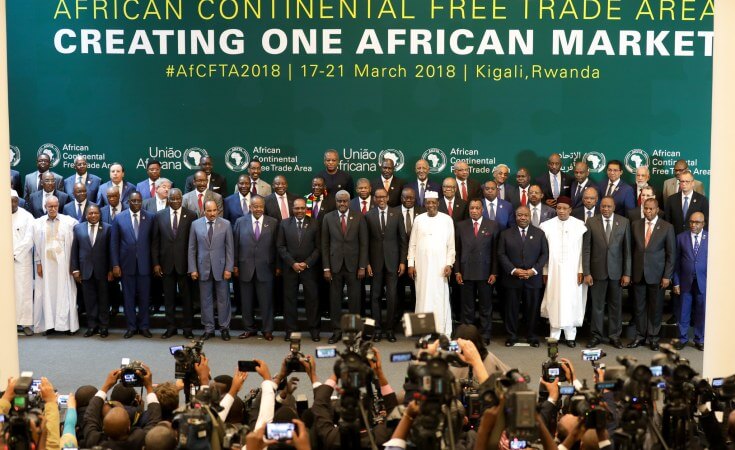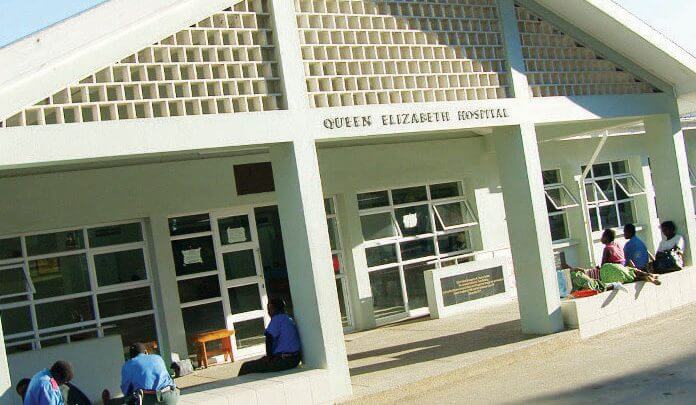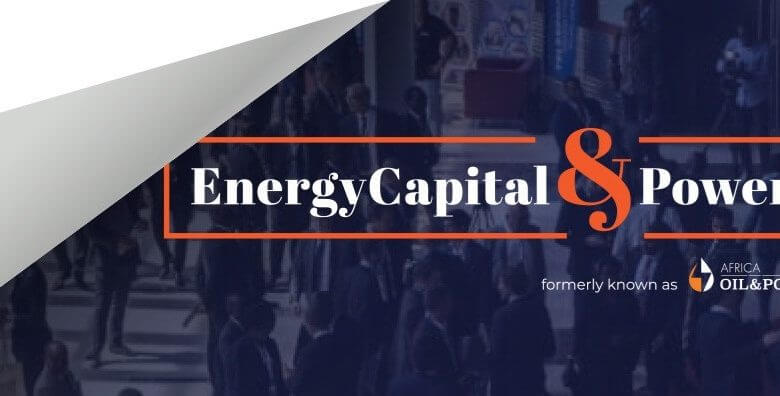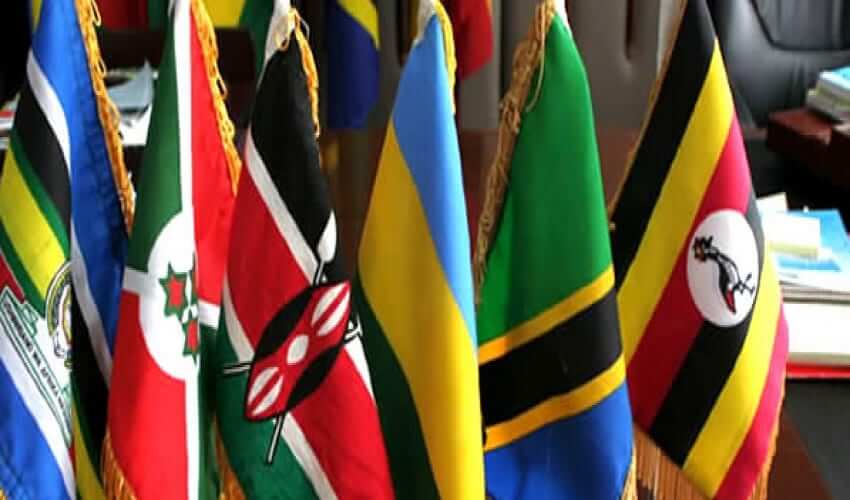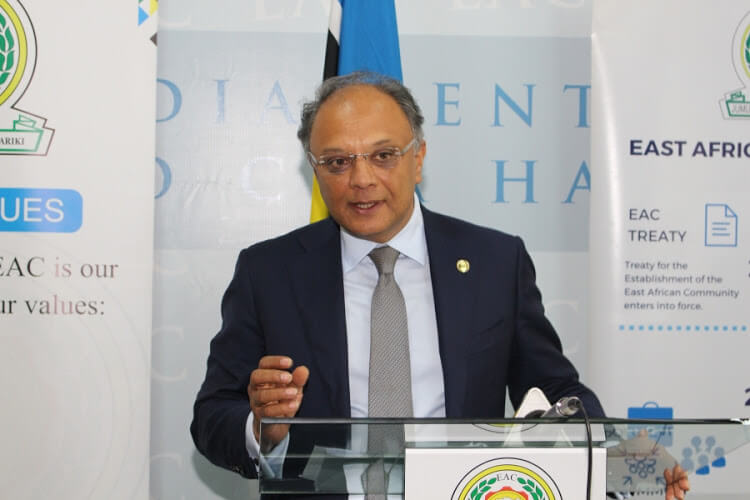Ghana’s exports to the UK remain largely primary products The Business Climate Report has urged the country to change its old practice of exporting primary products to the United Kingdom (UK), which has persistently resulted in a negative trade balance at the country’s expense. The 2020 report indicated that the UK imported US$242million worth of goods, while Ghana on the other hand imported US$473million worth of goods from the UK – presenting a negative trade balance of about US$231million. This, the report said, is attributed to factors such as the country’s continuous export of raw materials and import of manufactured goods, coupled with a drop in the level of exports against imports in trade with the UK – a trend that may continue for a long time if nothing concrete is done to change the narrative. “The goods traded between the two countries have not changed substantially over the period. Ghana’s exports to the UK remain largely primary products, while imports from the UK have mainly been manufactured goods. This accounts for the negative trade balance to the disadvantage of Ghana. Our forecasts show that this trend is likely to continue into the near future,” the report stated. Top-five exports from Ghana to UK, which are mostly in their raw state, remain as follows: mineral fuels, oils, and distillation products; meat, fish and seafood preparations; cocoa and cocoa preparations; edible fruit, nuts, peel of citrus fruit, melons; and edible vegetables and certain roots and tubers. On the other hand, top-five...
Adding value to exports can overturn negative trade balance with UK – Report
Posted on: July 15, 2021
Posted on: July 15, 2021




